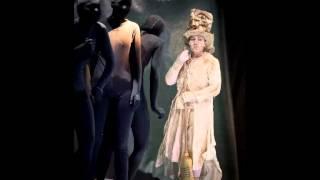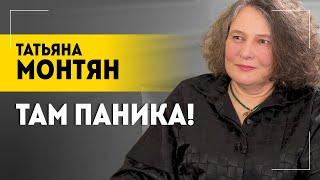
Middle English Class 12th | Story of English Bihar Board | Part-1
Middle English (abbreviated to ME[2]) was a form of the English language spoken after the Norman conquest (1066) until the late 15th century. English underwent distinct variations and developments following the Old English period. Scholarly opinion varies, but the Oxford English Dictionary specifies the period when Middle English was spoken as being from 1150 to 1500.[3] This stage of the development of the English language roughly followed the High to the Late Middle Ages.
Middle English saw significant changes to its vocabulary, grammar, pronunciation, and orthography. Writing conventions during the Middle English period varied widely. Examples of writing from this period that have survived show extensive regional variation. The more standardized Old English language became fragmented, localized, and was, for the most part, being improvised.[3] By the end of the period (about 1470) and aided by the invention of the printing press by Johannes Gutenberg in 1439, a standard based on the London dialect (Chancery Standard) had become established. This largely formed the basis for Modern English spelling, although pronunciation has changed considerably since that time. Middle English was succeeded in England by the era of Early Modern English, which lasted until about 1650. Scots developed concurrently from a variant of the Northumbrian dialect (prevalent in northern England and spoken in southeast Scotland).
During the Middle English period, many Old English grammatical features either became simplified or disappeared altogether. Noun, adjective and verb inflections were simplified by the reduction (and eventual elimination) of most grammatical case distinctions. Middle English also saw considerable adoption of Norman French vocabulary, especially in the areas of politics, law, the arts, and religion, as well as poetic and emotive diction. Conventional English vocabulary remained primarily Germanic in its sources, with Old Norse influences becoming more apparent. Significant changes in pronunciation took place, particularly involving long vowels and diphthongs, which in the later Middle English period began to undergo the Great Vowel Shift.
Little survives of early Middle English literature, due in part to Norman domination and the prestige that came with writing in French rather than English. During the 14th century, a new style of literature emerged with the works of writers including John Wycliffe and Geoffrey Chaucer, whose Canterbury Tales remains the most studied and read work of the period.[5]
Middle English saw significant changes to its vocabulary, grammar, pronunciation, and orthography. Writing conventions during the Middle English period varied widely. Examples of writing from this period that have survived show extensive regional variation. The more standardized Old English language became fragmented, localized, and was, for the most part, being improvised.[3] By the end of the period (about 1470) and aided by the invention of the printing press by Johannes Gutenberg in 1439, a standard based on the London dialect (Chancery Standard) had become established. This largely formed the basis for Modern English spelling, although pronunciation has changed considerably since that time. Middle English was succeeded in England by the era of Early Modern English, which lasted until about 1650. Scots developed concurrently from a variant of the Northumbrian dialect (prevalent in northern England and spoken in southeast Scotland).
During the Middle English period, many Old English grammatical features either became simplified or disappeared altogether. Noun, adjective and verb inflections were simplified by the reduction (and eventual elimination) of most grammatical case distinctions. Middle English also saw considerable adoption of Norman French vocabulary, especially in the areas of politics, law, the arts, and religion, as well as poetic and emotive diction. Conventional English vocabulary remained primarily Germanic in its sources, with Old Norse influences becoming more apparent. Significant changes in pronunciation took place, particularly involving long vowels and diphthongs, which in the later Middle English period began to undergo the Great Vowel Shift.
Little survives of early Middle English literature, due in part to Norman domination and the prestige that came with writing in French rather than English. During the 14th century, a new style of literature emerged with the works of writers including John Wycliffe and Geoffrey Chaucer, whose Canterbury Tales remains the most studied and read work of the period.[5]
Комментарии:
Middle English Class 12th | Story of English Bihar Board | Part-1
COHERENT ENGLISH CLASSES
summer sunsets / an indie playlist
Banana Express
Teatr Hothaus "Proces"
Teatr Hothaus
北美装修干货|普通人如何借鉴室内设计大师作品|室内设计|软装干货|大师教我来软装|interior design
Jill's Universe
Sounds Turkish People Make
Turkishle
Каспийский груз Доедешь-пиши HD
Иван Иванов


























